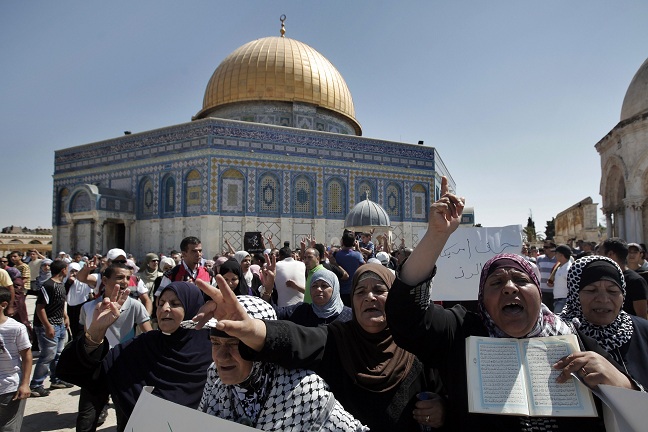CAIRO: Egypt’s new property tax law proposal sparked controversy Monday among members of the Shoura Council.
Those who support it say the proposal adheres to social solidarity, while the opposing side says it will put a strain on a majority of Egyptians.
“The purpose of the proposed law is to take the tax from affluent citizens and give it back to the needy, said Minister of Finance Youssef Botrous Ghali during the session.
He added that the draft bill exempts property valued at less than LE 300,000. “Property valued at more than LE 500,000 constitutes a minor percentage of Egyptians, and majority of the population lives in dwellings valued below LE 200,000 such as houses in villages and shantytowns, Al-Ahram daily quoted the minister as saying.
The property tax law proposal was under discussion Monday and Tuesday by the Egypt’s Supreme Parliament. Initially, the legislation identified a threshold of LE 250,000 for the value of property below which real estate in Egypt is exempt from the tax. However, facing severe criticism, the draft bill was amended to include a higher threshold that is below LE 300,000 of a property’s value. Property valued above that figure will be taxed based on assessment of annual rental value.
Under the new legislation, property on the North Coast and on newly established suburbs will be subject to paying the property tax, which promotes social solidarity and supports poorer segments of the society, according to Ghali.
The tax will be levied at 12 percent of a property’s annual rental value. Property rental value below LE 2,800 per annum will be exempted from the tax, up from the previously proposed LE 600 per annum.
However, the draft bill stirred hot debate in the Shoura Council, with several members objecting to the timing of the proposal, which comes after the government introduced steep increases in prices of gasoline, cigarettes and vehicle license fees last week.
“In principle, the proposed legislation may be appropriate and ratified in many countries across the world,’ said Magdy Sobhi, senior economist at Al-Ahram Center for Strategic Studies.
“However, it turns a blind eye on huge upsurges in prices of dwellings. Prices of property have skyrocketed, which already poses a burden on regular citizens, and we don’t want to overstrain them with an annual taxation.
Sobhi pointed out that the proposed threshold was very low and did not exempt low-middle income citizens from paying the new tax.
“Price of a 100 meter square apartment these days in Egypt is [way higher than] LE 200,000, he said. “Minister Ghali always says that he imposes taxation on mansions and villas to supply the poor, which is correct. But at this threshold, he will also tax lower and middle income class citizens.
Real estate experts currently estimate the average price of dwellings at levels as high as LE 8,000 per square meter.
“To be effective and to adhere to social solidarity, the law must take into consideration rising prices of property. and identify a higher threshold, Sobhi added.
Justifying the legislation, Minister Ghali said shantytowns will be completely exempt from real estate taxes under the reformed law, as these areas suffer from problems regarding electricity and water supply.
He also pointed out that real estate tax takes into account “the societal rather than market value of a property when property categorizations are made. Property owned by government, foreign organizations, religious and charity organizations will also be exempt from property taxes.
Ghali added that the new proposal will not be put into practice until property categorizations are complete, which could take between three and four years.four years.

